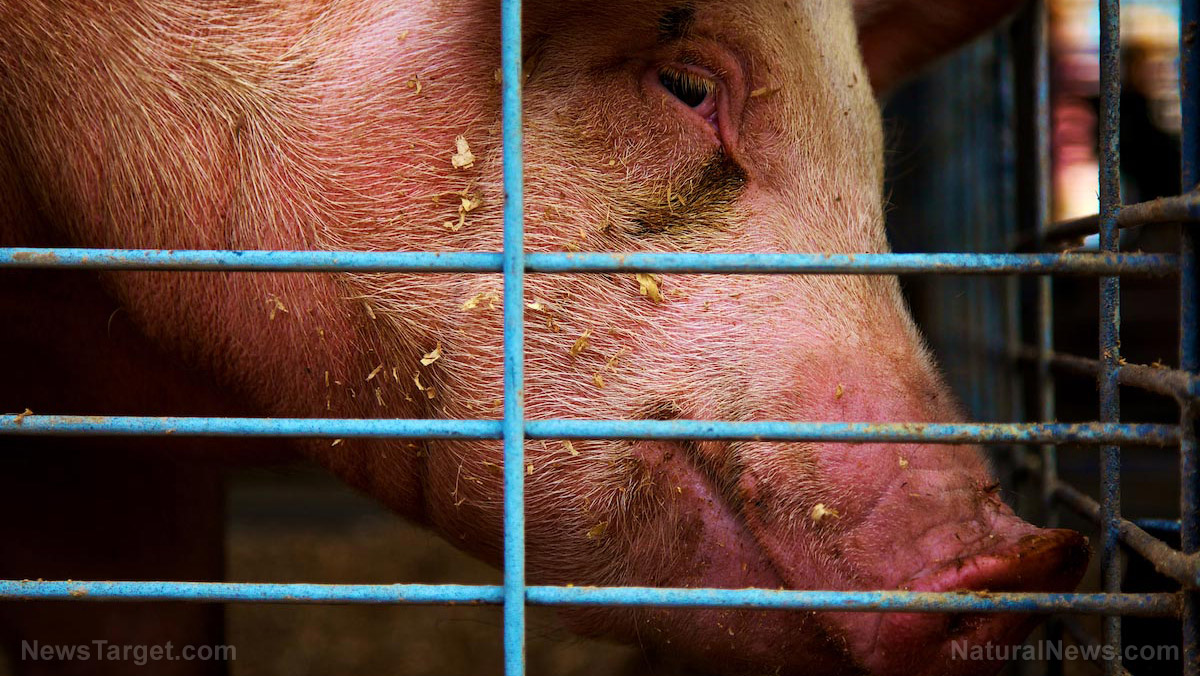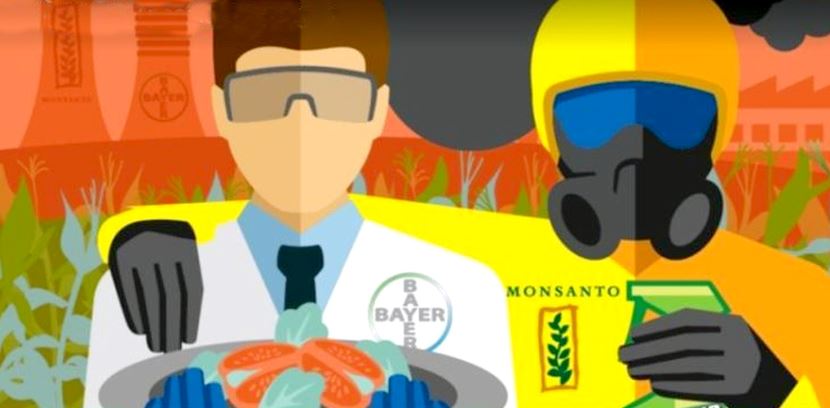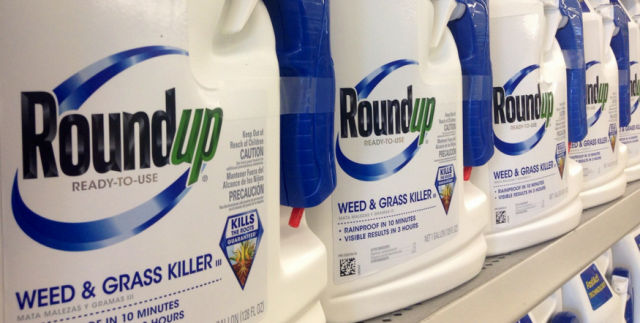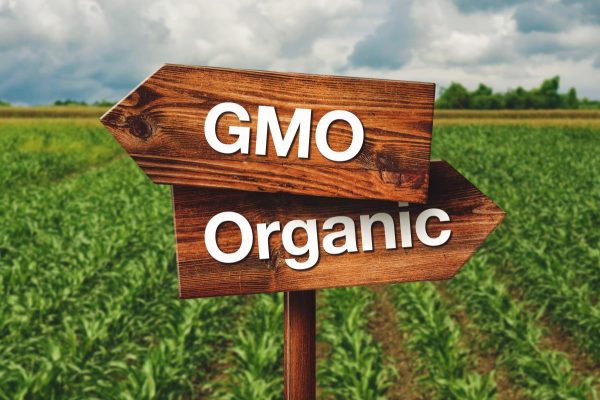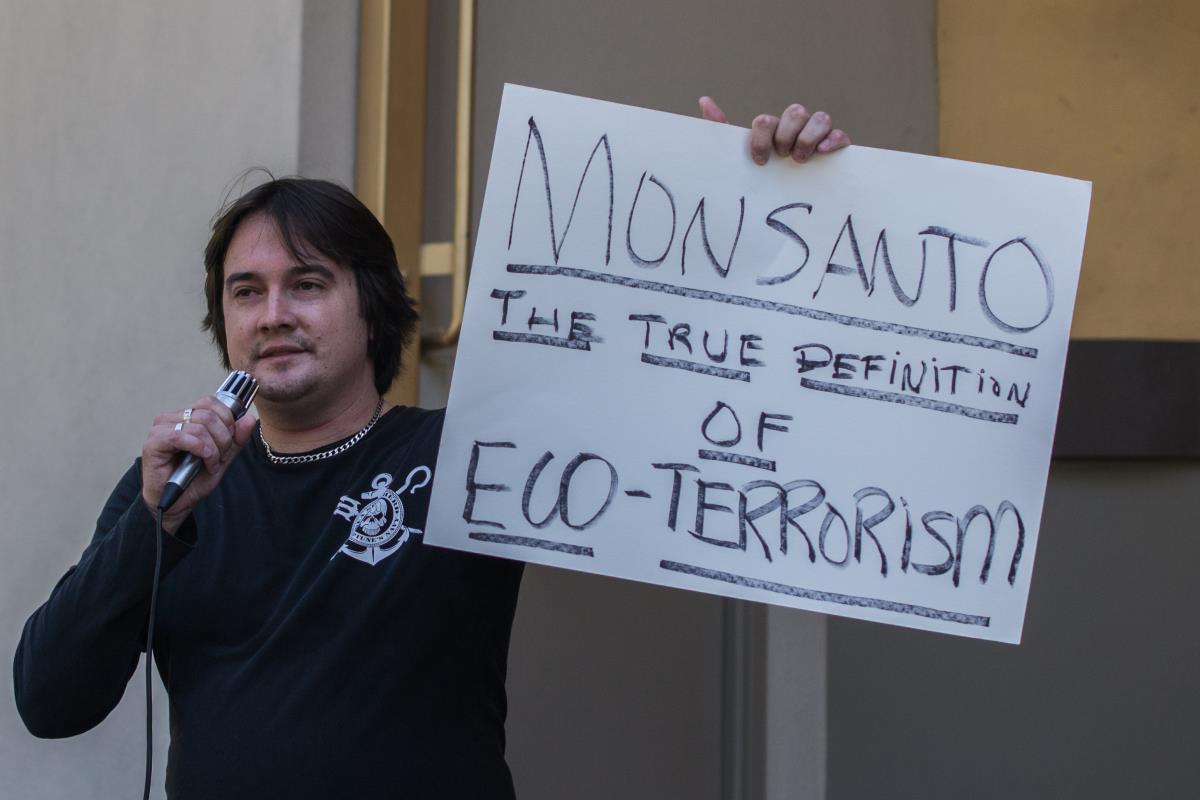Entire global food supply to be contaminated by genetically modified organisms used for pest control, warn scientists
02/06/2017 / By Vicki Batts

The next generation of genetically modified organisms may not involve produce at all. It appears that the next phase of GMOs will involve living things: insects. Genetically altered bugs could indeed be coming to an environment near you.
Experimental releases of GM insects were already approved in 2014, but now there are growing concerns over what such bugs mean for the food supply — especially organic foods. Can organic food grown with or near GM bugs still be considered “organic,” or is that one bridge too far? Will organic produce grown in the United States still be able to be exported to countries like Europe if these GM bugs have developed on them — or will organic produce growers be forced to forfeit their organic label?
These are the questions that Guy Reeves from the Max Planck Institute for Evolutionary Biology in Germany and Martin Phillipson Dean of Law at the University of Saskatchewan in Canada are asking. Their goal is to shine a light on the potential perils that GM insects could bring to the food industry — and to hopefully prompt US officials into regulatory action, and so organic food growers don’t have to fear losing their reputations. [RELATED: Keep up with the latest GMO headlines at GMO.news]
What are GM bugs and why are they being made?
Genetically modified bugs have been created to “improve” (and I use that term lightly) an older version of pest control techniques. By altering male insects to only produce other males, scientists hope that they can quell female populations. By keeping female insect populations low, a total decrease in the species’ population numbers can be seen, and in some areas, the affected insects may become locally extinct. (RELATED: Learn more about GMOs and herbicides at Harvest.news)
For the last 50 years or so, scientists have been exposing males to radiation in order to render them incapable of reproducing. The male insects would still be able to mate, but none of the resulting eggs would be viable. This too leads to a decrease in the total population of the insects’ species. Both approaches can successfully decrease pest populations. The advantage to using sterile insects to control pest populations is that it eliminates the need for pesticides to kill insects.
In the past, GM insects have been proposed as a way to combat disease-causing bugs. For example, in 2011, some researchers proposed that GM mosquitoes could be used to help combat Dengue fever.
But now, these creations may be used for farming, despite there being an already effective, non-GM approach. If the use of GM insects for farming purposes becomes widespread, it could spell problems for organic farmers who wish to remain organic. This risk stems from the fact that these GM insects are inherently intended to fly between farms. (RELATED: See more coverage of the risks associated with GM insects at GeneticLunacy.com)
The research team also reported on several applications related to GM insects:
The following applications for mass open release of genetically modified insects for agricultural pest control have been submitted:
UK 2011: withdrawn by the applicant
Spain 2013 and 2015: withdrawn by the applicant
USA 2005-2011: approved, releases took place at isolated location in Arizona desert
New York State 2014-2017: approved, then withdrawn by the applicant in March 2016, in November 2016 all permit documents were withdrawn by the regulator. The permit allowed for the of release genetically modified diamondback moths 72 times per year until the end of March 2017. With releases of up to 100,000 moths per week on cabbage or broccoli fields totaling 40,500 square metres.
Organic farms at risk
Releasing genetically modified insects into the environment will be most concerning to organic farms. Reeves, from the Max Planck Institute explains,”There are some realistic circumstances where the mass release of flying genetically modified insects could harm organic farmers and erode consumer confidence in their products. Unfortunately, we can find little evidence of efforts to reduce this risk or even discuss the issue.” [RELATED: Keep up with the latest research at Scientific.news]
Based on legal case studies from across the globe, the duo has surmised that “any detected or conceivably perceived contamination of crops” that are being sold to countries that have not approved the presence of GM bugs is likely going to result in import bans. This in turn would inevitably upset the entire international food trade. For crops that are certified organic, the issue of GM insects raises even more concerns. In addition to negative consumer conceptions, there is a very real potential that farms near GM insect releases may lose their organic certification.
Does that seem very fair to you? Given that the risk of GM insects spreading beyond their desired location is pretty much a given — companies who choose to use them would have to be fairly dense to try to pass the damaging effects these bugs will have on organic farms as “accidental.”
Sources:
Tagged Under: food supply, genetically modified, GM bugs, organic food





